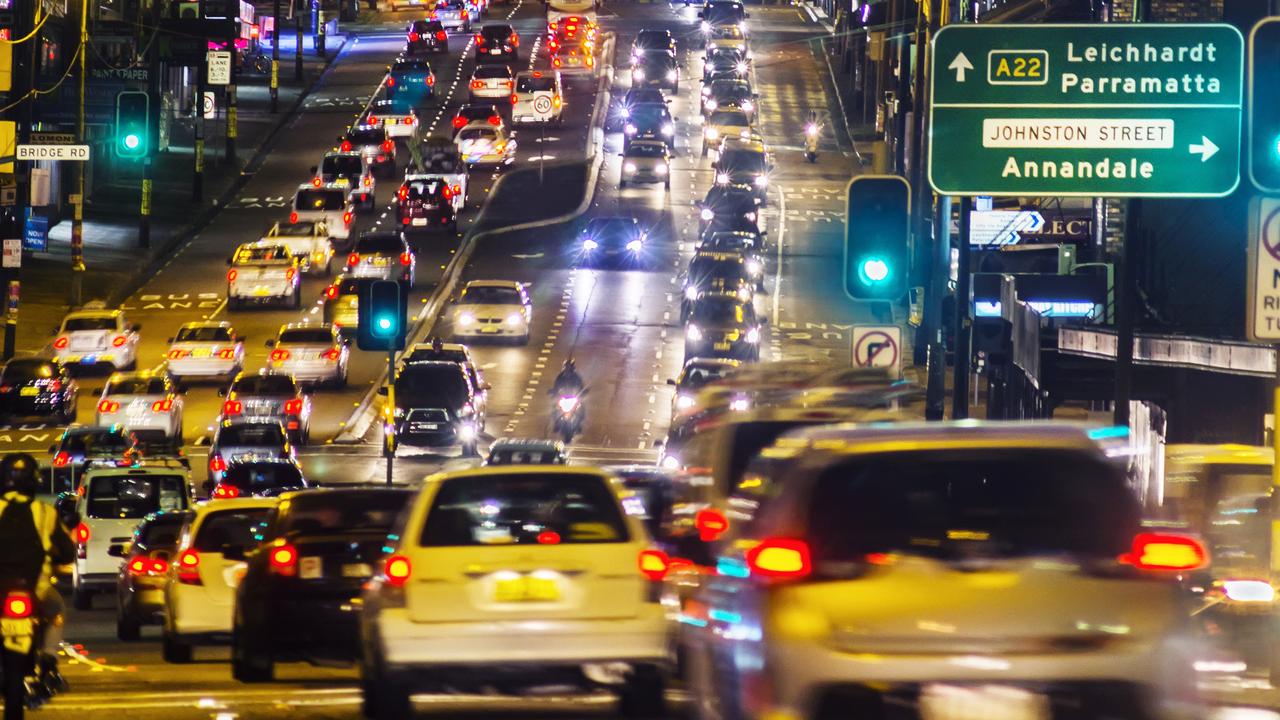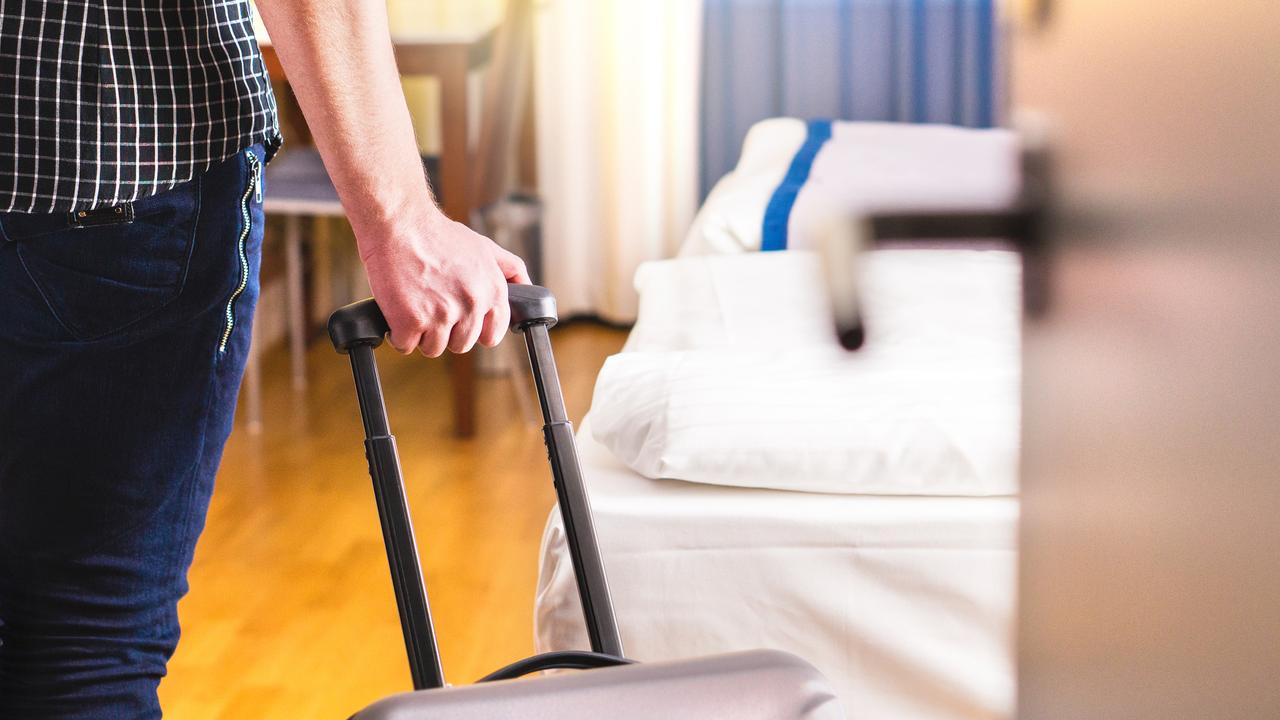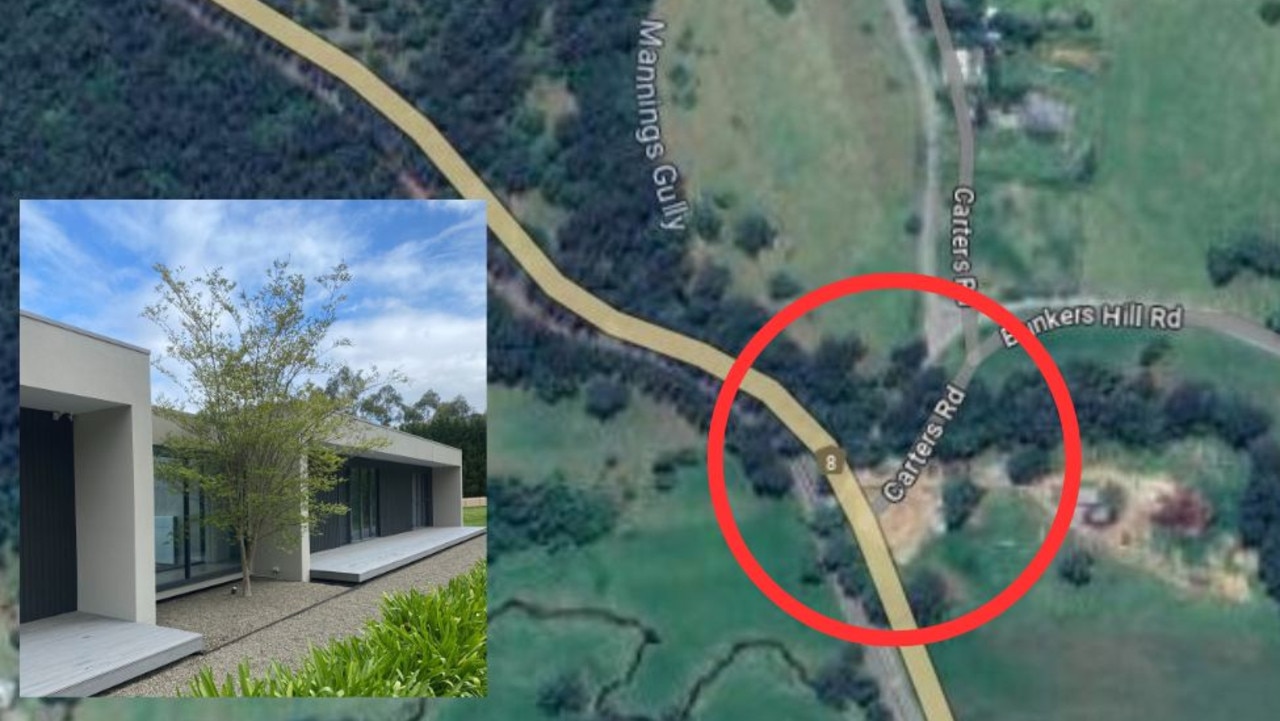Could this ‘lodging’ experience be the answer to commuter chaos
Road accident? Train delay? Australian cities are feeling the squeeze during our daily commute. Could this be the answer to our woes?

Whether it be a train delay, a road accident, a transport strike or simply living in the suburbs — Australian cities are seizing up and no amount of new roads and rail lines is going to stop the squeeze.
And with thousands of Australians spending many hours behind the wheel of their car or in the carriage of a train — the daily commute to work is costing much more than just a fare.
According to a 2018 report by the Bureau of Statistics, the average Australian is travelling around 16km to get to work, which is more than residents in New Zealand, the UK and The Netherlands. On paper, it doesn’t sound like much, but in reality — commuting in Australia is “debilitating”.
A spokeswoman for the Federal Bureau of Infrastructure, Transport and Regional Economics (BITRE) told the ABC that Australians spent 4.4 hours a week, or 53 minutes a day for a five day working week, travelling to and from work. This has increased from 3.9 hours in 2002, with people in Sydney having the longest commuting times and the Northern Territory the shortest.

But according to some workers, those travelling less than an hour each day are the lucky ones.
Speaking to news.com.au in 2018, Kyle Price, an office worker who commutes from the Central Coast of New South Wales to Sydney four days a week, said he would spend the equivalent of 50 days a year sitting on a train commuting to work — or between four and five hours a day. A routine he says had serious health impacts.
“It’s very debilitating, its very demotivating,” the 31-year-old told news.com.au.
“The trains are full. Some occasions you’re struggling to get a seat … I was getting a cold once a month, run down, stuffy nose, coughing, you have to take a day off work, and if you’re not on a salary, that’s a day’s pay.”
His story is one of thousands of Aussie workers clocking up their commuting hours each and every week, and a predicament Jessica Lai and Rani Cohen once knew all too well.
Having been in the position of commuting to city jobs from their suburban homes each day, the pair were faced with hours of travel to their workplaces each morning and afternoon.
Having lived in the UK before moving back to Queensland, Ms Cohen said while overseas she was able to eliminate some days of travel by sleeping in a friend’s spare bedroom, or even crashing on a couch midweek.

It was a concept she and Ms Lai thought would assist distressed Australian commuters wanting to cut down on their travel time during the working week. And so they launched the online lodging platform, Weekday Space.
“Basically, we make the connection between a landlord and a lodger,” Ms Cohen told news.com.au.
The landlord has a place with a spare room, and the lodger is someone who is keen on renting a room for just a few nights each week closer to their workplace.
“The lodger pays for the nights they want to stay each week, for example, an agreement to stay Tuesday through to Thursday each week, meaning the apartment is free for the landlord on the weekends.
“It’s a model that’s successful in the UK and Ireland, and is perfect for people who, for example, live on the Central Coast but work five days a week in Sydney.”
Ms Cohen said Weekday Space is a perfect way for a homeowner to make an income without losing their home or apartment entirely during the week.
“After making the connection between the person who has a spare room and a lodger looking for a room close to their workplace, they work on an agreed rate between them,” Ms Cohen explained.
“The lodger might want two nights, or they might want five nights. It’s up to both parties, but we make the initial connection.”

According to the Australian Bureau of Statistics, of the 9.2 million Australian commuters who travelled to work on 2016’s Census day, 79 per cent went by car, 14 per cent took public transport and just over 5 per cent cycled or walked.
In Sydney, 27 per cent got a train, bus, ferry or light rail. In Melbourne, around 19 per cent of commuters took public transport.
But while some workers around Australia get away with commuting less than 20km daily, others aren’t so lucky.
Neil Benedictos lives between Canberra and Sydney for his work in the defence industry, and recently signed up to the Weekday Space service after it launched in Australia this year.
The 45-year-old says he’s hoping the platform will find him a home away from home, with a part-time room where he can live during the week, allowing him to return home to Canberra on weekends.
“I currently stay with friends in Glenfield during the working week, and while not as far as Canberra, it’s still a long commute — just under 2 hours each way,” he told news.com.au.
“Ideally, I’d like to find a place somewhere within 20-25 minutes from the city, with between 1 to 2 flatmates who are professionals like me.

“It would improve my lifestyle considerably. I’d have so much more time for work, to socialise and to do so much more with my life during the week, like go to the gym and go for walks.”
Dr Greg Schwager is on the other side of the fence, hoping the platform will allow him to rent out a room midweek, and be vacant by the weekend when his young daughter comes to stay.
The 44-year-old, who has a two-bedroom apartment in Sydney’s Marrickville, said the service would help him financially with the mortgage and dream of upsizing in a few years time.
“I work in a semirural hospital, so my working day is quite long meaning I’m not around much during the week,” he said. “I haven’t rented my apartment out before, so thought this could be a good way to make extra money.
“I like the idea that I would have weekends to myself, and that this would be a longer term arrangement with another professional working in the city who didn’t want to commute as much.”




